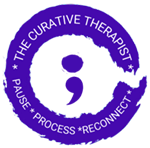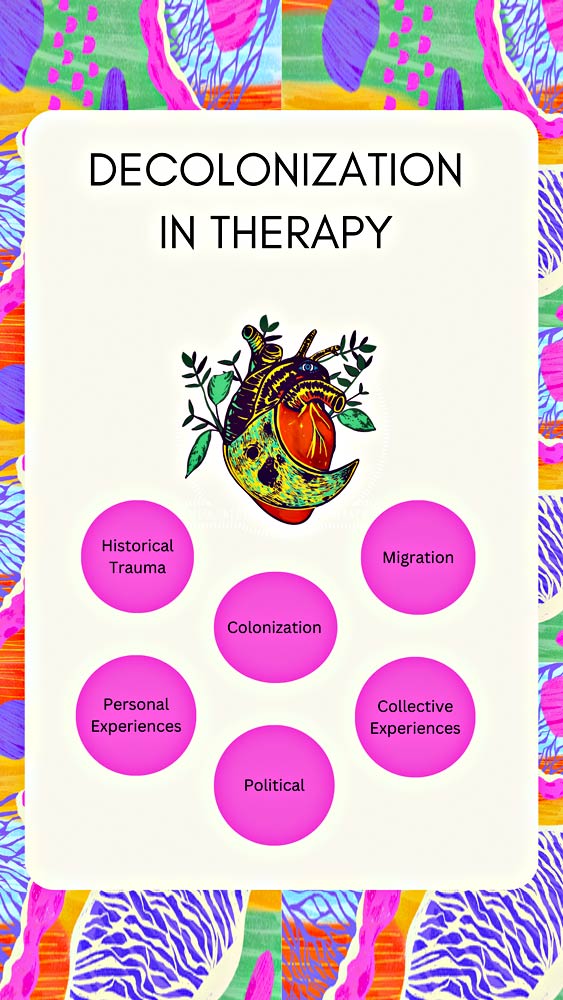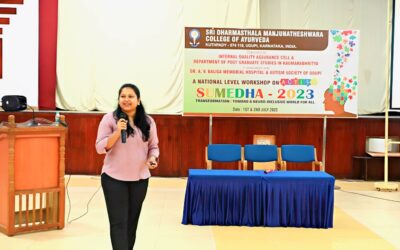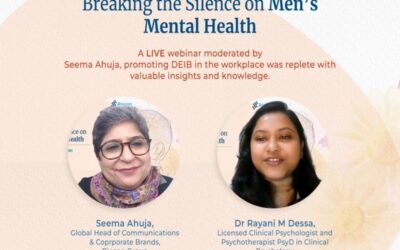Psychotherapy in modern India, where tradition is an important tenet along with globalization, there emerges a need for a paradigm shift within the realms of approaches to therapy.
Amidst the lingering shadows of colonialism, a resurgence of decolonization in therapy is underway. Despite decades of influence from Western therapeutic approaches on the Indian psyche, there is a growing awareness that the essence of healing cannot be confined to Western frameworks alone. The system of healing in mental health has been reduced to a business model and is a captive of pathologizing human suffering through identification, prognosis and transformation of narratives. However, it is important to learn that our environment, social, economic, political and systems have an impact on our mental health.
I recently learned about Decolonization therapy through my colleague, Mr. Parth Sharma, who is a Decolonial Writer, Researcher, Trauma Therapist and Culture Worker and Founder of T&F India. His workshops and our discussions further led to numerous conversations over therapeutic approaches. Upon learning about it, I became mindful of my therapy approach; I began asking questions differently to understand the narratives. I wondered if it is a pathology when some of our clients are subjected to constant discrimination based on their gender, age, sexual orientation, and communities.
I also learnt that it was during my Psy.D training, the community work in Udupi during my posting in Dr. A. V. Baliga Memorial Hospital, that using our cultural practises aided the therapeutic process. During my early clinical training when posted in Punyakoti Hospital (Hospete, Karnataka), I learned to value the hidden traditional knowledge within India’s culture.
In a psychiatric hospital setting, rituals such as the morning ‘havan’, the body-healing of Panchatantra, satvik food and the idea of detoxification through these methods, I observed the clients had an experience of healing.
The collective meditation among staff members, alongside the integration of Ayurveda with Western medicine, significantly augmented the space for healthy minds of staff and clinicians to facilitate a therapeutic safe space. These practices were deeply rooted in culture, seamlessly enhancing the healing journey.
I realized that techniques such as behaviour activation could be aligned with indigenous practices like pooja, shraddha to the Sun God, creating rangoli, offering namaz, or engaging in Christian fellowship, which felt more natural and accessible to the community. This observation extended beyond rural areas to metropolitan cities, where cultural practices remain integral to daily life.
Our ancient scriptures, including the Vedas and religious texts, offer timeless insights into human thoughts, emotions and behaviours. Drawing from this vast repository of indigenous knowledge, therapy endeavours to embrace a holistic approach—a harmonious blend of mind, body, and spirit. Ayurveda, the ancient science of life, intricately intertwines with psychological well-being, weaving rich methods of healing modalities that honour the interconnectedness of existence.
Moving away from rigid diagnostic labels and standardized interventions, I advocate for creating a space conducive to healing—one that acknowledges lived experiences and fosters empathy, compassion, and conversations that hold cultural humility.
The time has come to reclaim our indigenous wisdom—a celebration of our diversity and a revival of healing practices deeply rooted in our heritage. I envision a future where emerging clinicians embrace this perspective, adopting a decolonized approach to their therapeutic practices.
Furthermore, the decolonization of therapy extends beyond a mere shift in therapeutic techniques; it encompasses a broader re-evaluation of power dynamics, privileging marginalized voices, and challenging Westernised notions of mental health and well-being. By centring diverse perspectives and amplifying indigenous voices, therapists can contribute to a more inclusive and equitable therapeutic space, one that honours the complexity of human experiences and celebrates cultural diversity.
In conclusion, the renaissance of indigenous practices in therapy heralds a new era of healing—one that transcends geographical boundaries and cultural divides. By embracing the richness of our cultural heritage and fostering a spirit of openness and inclusivity, we can pave the way for a more holistic and transformative approach to mental health and well-being in India and beyond.




0 Comments